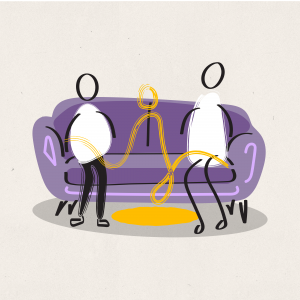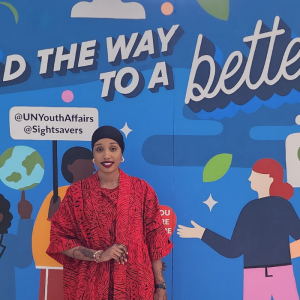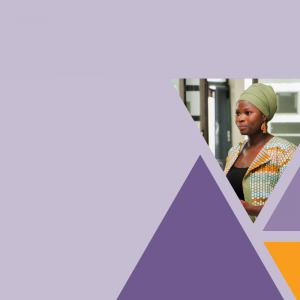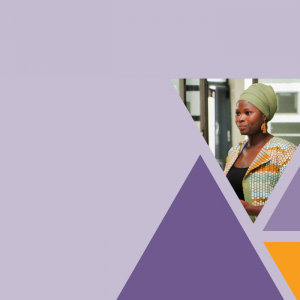During the week of the Global Education Summit, we are prompted to highlight the link between female genital cutting and education.
The summit brings together the global community in support of quality education for all children. The Covid-19 pandemic has worsened the global education crisis, with 1.3 billion children – including 650 million girls – out of education at the peak of school closures[1].
At the same time an alarming ‘shadow pandemic’ of violence against women and girls spread alongside Covid-19, with increased rates of reporting of violence, including of female genital cutting (FGC)[2]. Lockdown and school closures created opportunities to carry out FGC undetected. For a girl at risk, it meant her absence from school was no longer noticed.
Female genital cutting is a barrier to girls’ education; girls’ education reduces their risk of being cut.
The evidence is increasingly clear of the link in both directions. [3]
Girls who stay in school have access to friends, they learn life skills and get introduced to new concepts and ideas[4], especially if they are successful in transitioning to secondary education. This makes it easier for girls to challenge traditional harmful practices, such as female genital cutting.
In our brief for the summit setting out the link between female genital cutting and education, we make six recommendations.
Recommendations
- In the efforts to address girls’ access to education, ensure that the education sector considers barriers to access, including harmful practices such as female genital cutting, and puts in place preventative measures.
- Invest in 12 years of free, safe and quality education for all to prevent families from taking girls out of school because of high tuition fees, which leads to more FGC. Not only is investing in secondary education for girls one of the most transformative development strategies that empowers girls to develop knowledge and skills that they will need for life, the initial research also shows that girls who are in secondary education are at lower risk of FGC and as educated mothers they are highly likely to break the cycle and opt not to cut their daughters.
- Design gender transformative education systems that integrate gender equality and human rights information, including information on FGC, into formal education curriculum; require training for teachers on FGC so they can detect and support girls at risk of FGC, and help those who have undergone the procedure to stay in school and receive the support necessary.
- Invest in research to allow for thorough exploration of interlinkages between FGC and education and to enable formulation of better-informed strategies and actions.
- Adopt a multi-sectoral approach to ending female genital cutting, within which education takes a critical place. At the same time, increase funding to initiatives addressing FGC as a barrier to girls’ education and particularly to community-based organisations.
- Invest in non-formal education initiatives that help communities learn about the importance of girls’ education and the risks of FGC, and to allow out-of-school girls to have access to alternative forms of education and empowerment.——–
[1] Global Partnership for Education. UK and Kenya to host major education summit in 2021, 2020 available at https://www.globalpartnership.org/news/uk-and-kenya-host-major-education-summit-2021.
[2] Orchid Project (2020) Impacts of Covid-10 on Female genital cutting policy briefing. Available at: Orchid Project Policy briefing: Impacts of COVID-19 on female genital cutting (FGC) – Orchid Project
[3] Magangi M (2015) Effects of female genital cutting on school attendance and retention of primary school girls in Kuria west district, Kenya. African Journal of Education and Human Development as cited in the ICRW. Leveraging Education to end Female Genital Mutilation/Cutting Worldwide. Available at: ICRW-and-WGF-FGMC-Policy-Brief_FINAL.pdf
[4] UNFPA-UNICEF. (2013). Joint Evaluation UNFPA-UNICEF Joint Programme on Female Genital Mutilation/Cutting: Accelerating Change (2008-2012). New York and Geneva




